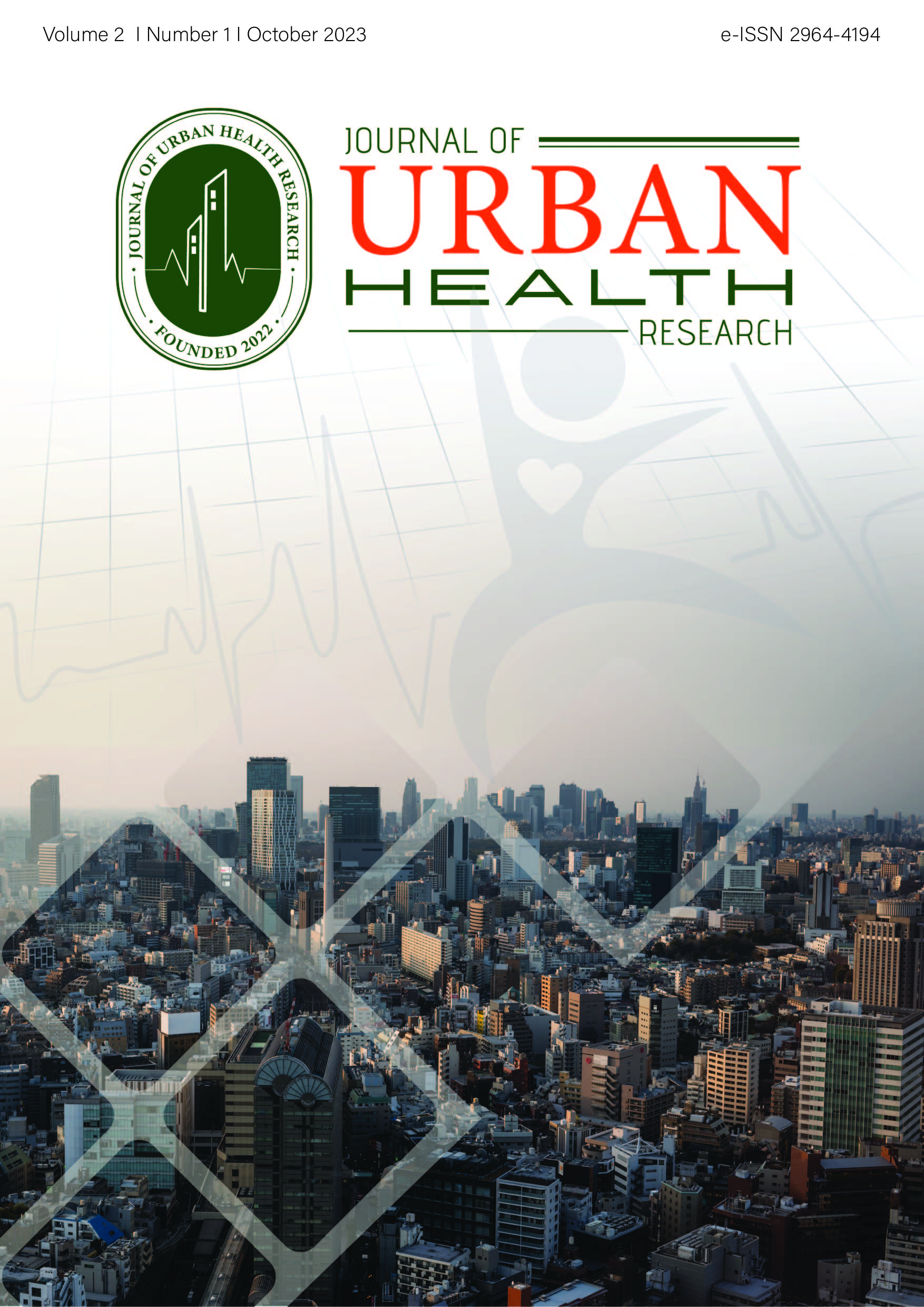Food Addiction Prevalence and its Association with COVID-19 Related Stress among Clinical Rotation Medical Students in Jakarta
DOI:
https://doi.org/10.25170/juhr.v2i1.4814Keywords:
Food Addiction, Medical Students, Stress, COVID-19Abstract
Introduction: This study investigated the relationship between food addiction and stress among clinical rotation medical students during the COVID-19 pandemic. While prior research has examined the impact of mental and physical well-being on medical students, the exploration of food addiction in this demographic has been limited.
Methods: The survey study includes 355 clinical-level medical students. Stress levels are assessed using the Coronavirus Stress Measure (CSM) questionnaire, while food addiction is evaluated with the Yale Food Addiction Scale 2.0 questionnaire. Comparative analysis was performed to see the association between food addiction and the stress level related to COVID-19.
Results: Both questionnaires indicate good validity and reliability measures. Medical students exhibited lower stress levels during the pandemic than the general population. Approximately 30.1% of students showed signs of food addiction, with most cases classified as mild. Food addiction was significantly higher among women, partially influenced by the dominant presence of female students. The study reveals a significant connection between food addiction and stress levels among medical students (p<0.001). Those with moderate and severe food addiction experience notably higher stress (p<0.05).
Conclusion: This study highlights the prevalence of food addiction among medical students and its association with increased stress levels during the COVID-19 pandemic. It underscores the need for further research and support mechanisms to address food addiction and stress management among medical students, ultimately promoting their overall well-being and academic success.

Downloads
Published
Issue
Section
License
Copyright (c) 2024 Yunisa Astiarani, Helen, Michelle, Nur Fitriah, Vetinly

This work is licensed under a Creative Commons Attribution-NonCommercial-ShareAlike 4.0 International License.













